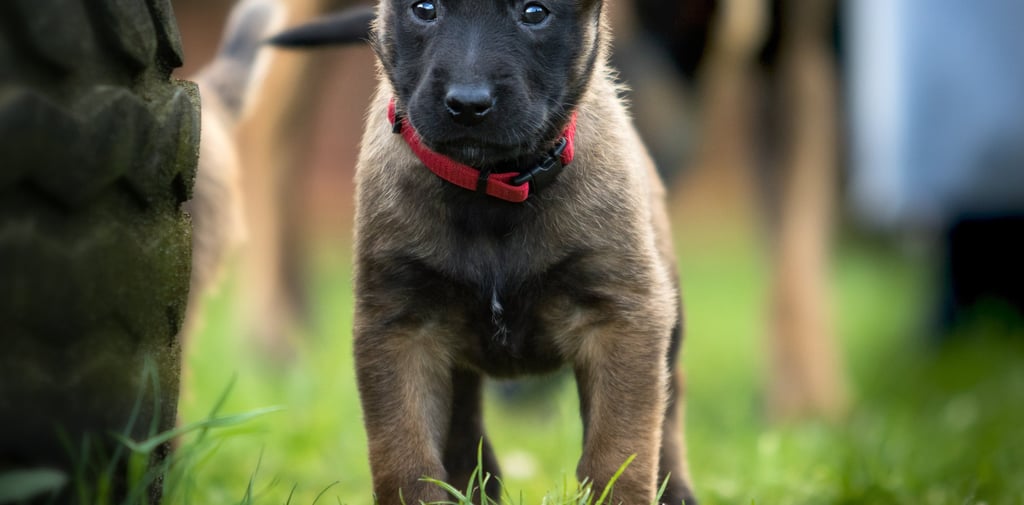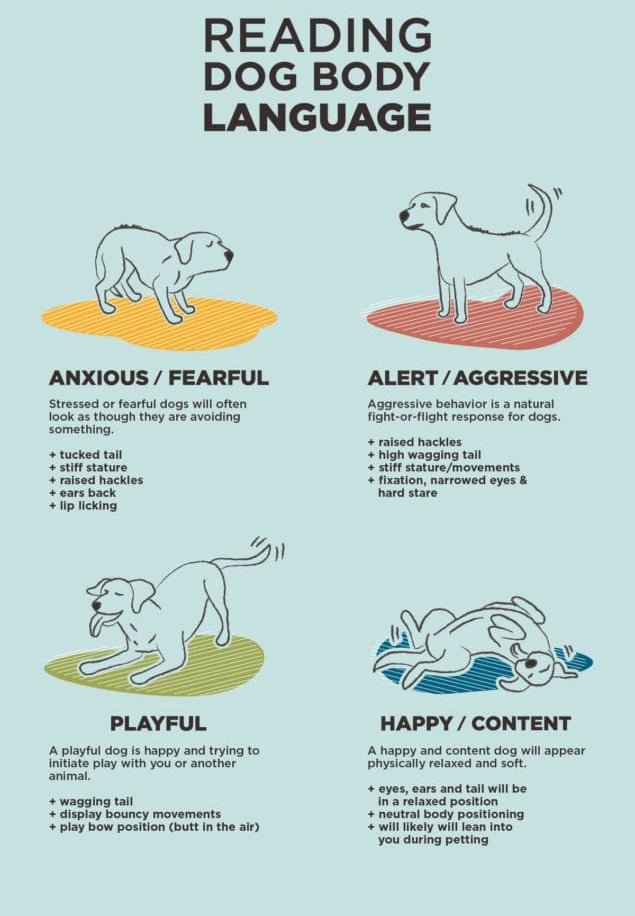Puppy Socialization: The Key to Raising Confident and Fearless Dogs
Unlock the secrets of confident and fearless dogs with our guide on Puppy Socialization. Discover why it's crucial and how to do it right. Start your pup's journey to a well-rounded adult dog today!
John Abousleiman
9/23/20235 min read


Whether you're a first-time pet parent or a seasoned dog lover, you've probably heard the buzz about puppy socialization. But what is it, and why is it so important? As an experienced dog trainer with a passion for raising well-rounded puppies, I'm here to guide you through the ins and outs of puppy socialization.
Understanding Puppy Socialization
What Is Puppy Socialization?
Let's start by breaking down what puppy socialization really means. It's not just a trendy term; it's a fundamental aspect of your puppy's development. Puppy socialization is the process of exposing your furry friend to a wide range of experiences, people, places, and situations during their early months. Think of it as the key to building their confidence and helping them grow into a balanced adult dog.
Why Is Puppy Socialization Crucial?
You might be wondering, "Why bother with all this socialization stuff?" Well, let me tell you, the benefits are immense. Well-socialized puppies tend to grow up as more confident, adaptable, and less anxious adult dogs. They're less likely to develop behavioral issues and fear-related problems. Imagine a pup that's not afraid of thunderstorms or doesn't bark relentlessly at strangers—that's the power of socialization.
The Critical Socialization Period
When Does Puppy Socialization Occur?
Puppy socialization has a critical window of opportunity, typically between 3 weeks and 14 weeks of age. During this time, your puppy's brain is like a sponge, soaking up all the experiences they encounter. Missing this window can make socialization more challenging as your puppy grows.
The Fear Periods
Now, let's talk about "fear periods." Puppies go through phases where they can become more sensitive to new experiences. It's crucial to be aware of these periods and introduce your pup to new things gently during these times. Gentle exposure is the key here.


How to Socialize Your Puppy
Start Early: The Puppy's First Experiences
The socialization journey begins as soon as you bring your puppy home. Start by creating positive experiences within your home environment. Let them explore, interact with family members, and enjoy their new surroundings. Remember, it's all about positive exposure.
Positive Exposure
Speaking of positivity, let's dive deeper into the importance of positive experiences. Reward your puppy for brave behavior and make every new encounter a joyful one. Use treats, praise, and affection to reinforce their confidence.
Meeting Other Dogs
Socializing with other dogs is essential for your puppy's development. Arrange safe playdates with well-behaved, vaccinated dogs. Choosing the right dog to introduce your puppy to is key; an overly hyper excitable dog can overwhelm your puppy, and any negative experience at this stage can cause long-lasting issues. Start by introducing the dogs through a gate or barrier and slowly bring them together in a controlled manner, preferably on a leash and at a distance, and bring them closer as they get more comfortable with one another.
Introducing New People
When introducing your puppy to new people, take it slow. Encourage gentle interactions and avoid overwhelming situations. Your pup should associate meeting new people with positive experiences. A helpful trick is to hand out your puppy's favorite treat to guests and people who will come in contact with your dog so their initial interaction starts with a treat.
Exposing to Various Environments
Don't be afraid to take your pup on adventures! Visit parks (soccer and baseball games, not dog parks), streets, and stores—expose them to various environments. This helps broaden their comfort zone and ensures they're adaptable in any situation.
Sounds, Sights, and Smells
Puppies perceive the world through their senses. Gradually introduce them to new sounds, sights, and smells. Start with gentle exposure and increase the intensity as they become more comfortable. One effective method I use to introduce my puppies to loud noises like vacuum cleaners is to place the vacuum cleaner in another room, turn it on, then set my puppy's food down. With time, I bring the vacuum cleaner closer while the puppy eats. This may take weeks of slow progress, but the benefit of taking your time and not rushing is providing a positive experience with loud noises.
Challenges and Precautions
Recognizing Stress and Fear
As you socialize your puppy, it's crucial to recognize signs of stress or fear, such as cowering, shaking, tail tucking, looking for an escape, barking, whale eyes, hackles up, and lip licking. Never force them into situations that terrify them. If your puppy is exhibiting fearful behavior, avoid picking them up or coddling them. Instead, keep exposing them to what triggered the fear, but in a slow and patient way. Use positive reinforcement to redirect their focus.
Vaccination Considerations
Now, you might be wondering about vaccinations and socialization. It's essential to strike a balance. While you shouldn't expose your pup to unvaccinated or potentially risky environments, you can safely socialize them in controlled settings and with dogs you trust. Avoid dog parks and pet stores, but places like Home Depot, Lowes, and Tractor Supply are great environments to take your puppy, as long as they allow animals into the store.
Professional Help
When in doubt, seek professional guidance. Dog trainers, like myself, specialize in puppy socialization and can provide valuable insights and hands-on assistance when needed. Don't hesitate to reach out for support. Many trainers offer puppy group classes, which are a great way to expose your puppy to new pups their age and size, people, and environments.
Maintaining Socialization throughout Puppyhood
Consistency Is Key
Remember, puppy socialization isn't a one-time event. Consistency is key. Keep exposing your puppy to new experiences and people throughout their puppyhood and beyond. The crucial time frame of puppy socialization is between 3 to 14 weeks, but it doesn't stop at 14 weeks. Keep exposing your puppy to new experiences well beyond 14 weeks.
Training and Positive Reinforcement
Integrate socialization into your daily routines and training sessions. Use positive reinforcement techniques to reward good behavior, and your pup will continue to thrive. Training is a great way to build your puppy's confidence; it helps take focus away from "scary" situations and onto you.
Conclusion
In a nutshell, puppy socialization is like giving your puppy a golden ticket to a happy and well-adjusted adulthood. It prevents behavioral issues, builds confidence, and ensures your furry friend can handle life's curveballs. Start early, be patient, and stay consistent. As an experienced dog trainer, I can attest to the transformational power of socialization. If you have any questions or concerns, don't hesitate to reach out. Your puppy's journey to becoming a confident and well-rounded adult starts now!
Additional Resources
For more in-depth guidance on puppy socialization, contact us at www.jabk9.com.
